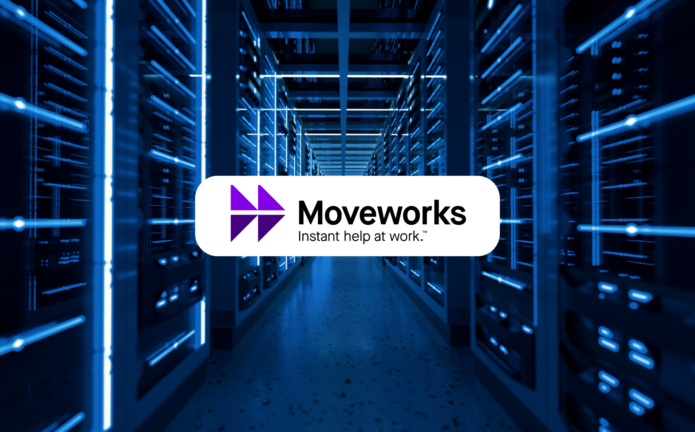Retail employees have difficulties working efficiently with technology, especially since the pandemic-induced changes have made digital services more crucial than ever before, revealed a new Qualtrics study.
Employee experience varies significantly across industries when it comes to dealing with technology. Due to the pandemic, the use of technology at work has drastically grown, and many companies have implemented makeshift solutions that require updating, consolidating, or standardizing. According to a recent global study by Qualtrics XM Institute, 89% of IT leaders believe that it is crucial for their company to enhance its ability to respond to unforeseen events, with 51% of them considering it extremely important.
There are notable differences in how employees across industries perceive and utilize workplace technology. To avoid burnout, it is essential to listen to employees' feedback on their experiences with technology and how well it satisfies their requirements.
Some of the key insights include:
-
In general, only 34% of employees are satisfied with the technology provided by their workplace, with the highest satisfaction rate (39%) found in the information technology or software and services sectors. However, only 24% of employees in the retail industry believe their work technology meets their expectations.
-
Over half of the employees (54%) report that they are not frequently affected by changes in their working space. However, this percentage is slightly lower, with 49%, among retail workers.
-
Mid-sized company employees are the ones who usually state their work technology exceeds their expectations.

Customer-Facing Industries Often Struggle with System Interruptions
Technology's ever-changing nature can be a source of frustration for users, who are often required to adjust their workflows and update their skills to keep up. Among retail workers, less than 50% report being infrequently affected by major system changes, and only 51% of those working in hotels, restaurants, and leisure services report the same. This is concerning because disruptions in these industries can have a ripple effect, impacting the services provided to their customers. In contrast, 58% of IT workers and 57% of software services employees report avoiding similar interruptions.
“Post pandemic, getting the right technology is one of the biggest challenges facing companies as they try to keep their employees productive and engaged. It can be tempting to try to solve problems by introducing new technologies, but sometimes consolidating platforms to streamline processes is a better solution. Using tech that doesn't meet their needs or slows their productivity can be frustrating and contribute to employee burnout, so regularly listening to employees who use the tech tools is essential,” said Dr. Benjamin Granger, Chief Workplace Psychologist, Qualtrics.
Mid-Sized Companies Have It Easier
Different-sized companies have varying technology needs, and employees at firms with 5,000 to 9,999 workers have the most positive experiences with their workplace-provided tech. A higher proportion of these employees (42%), feel that their technology surpasses their expectations, compared to 34% of global employees. Additionally, they are less likely to be significantly impacted by system-wide changes, as 60% report rarely being disrupted by changes.
Employees at small and extra-large organizations face similar issues with workplace technology, despite the vast difference in workforce size. A low percentage of workers(less than 1 in 4) in both types of companies feel that their technology exceeds their expectations. In contrast, less than half report minimal disruptions caused by changes in their workplace technology.
Qualtrics has recently released the Retail Banking Accelerator to assist financial service organizations in adopting the Qualtrics Foundational Customer Experience (CX) solution.








